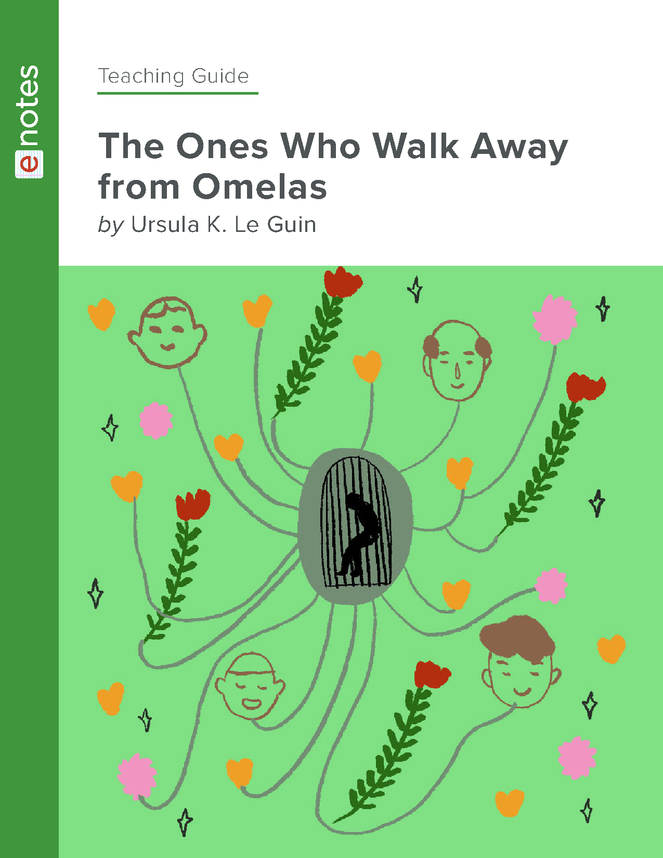
Even if they choose to move on from utopia, they leave with the knowledge that happiness emerges out of, and not incidental to, another’s suffering. Ultimately, the citizens (and therefore, the reader) cannot escape culpability, ‘They know that they, like the child, are not free’. It is likely that for the majority of readers, the ‘break a few eggs to make an omelette’ logic will fall short: an unequal utopia is no utopia at all. The saying suggests that inequality is best borne out of sight, rather than in the everyday places the citizens inhabit. To throw away the happiness of thousands for the chance of happiness of one: that would be to let guilt within the walls instead. For instance, they may find solace in the words of Omelas’ citizens, who justify the decision by privileging the freedoms of many over the rights of a few: With the knowledge of the child’s suffering, they then return to the surface, where they rationalise, excuse, or forget what they saw.Ī reader invested in ‘Omelas’ must make a similar choice. They are asked not to speak a single kind word to the child in order to preserve the magic of the town’s happiness. In Le Guin’s story, each citizen is required to witness the child chained up in its miserable basement once in their lifetimes. Along with Omelas’ citizens, the reader is made to bear responsibility for the child’s endless misery, to which they owe their utopian fantasy. However, by enjoying the imaginative benefits of utopia, the reader also faces the cost of what Le Guin calls ‘vapid, irresponsible happiness’. They enjoy the peace and happiness of the fictional city as a citizen might. The gesture makes readers bear the responsibility of creating Omelas for themselves.

Perhaps it would be best if you imagined it as your own fancy bids, assuming it will rise to the occasion, for certainly I cannot suit you all. Omelas sounds in my words like a city in a fairy tale, long ago and far away, once upon a time. Like most utopias, Omelas appears to exceed its own representation.


The American fiction writer Ursula K Le Guin’s allegorical short story ‘The Ones Who Walk Away from Omelas’ (1974) describes a utopian society whose prosperity is contingent upon the perpetual suffering of a single child.


 0 kommentar(er)
0 kommentar(er)
